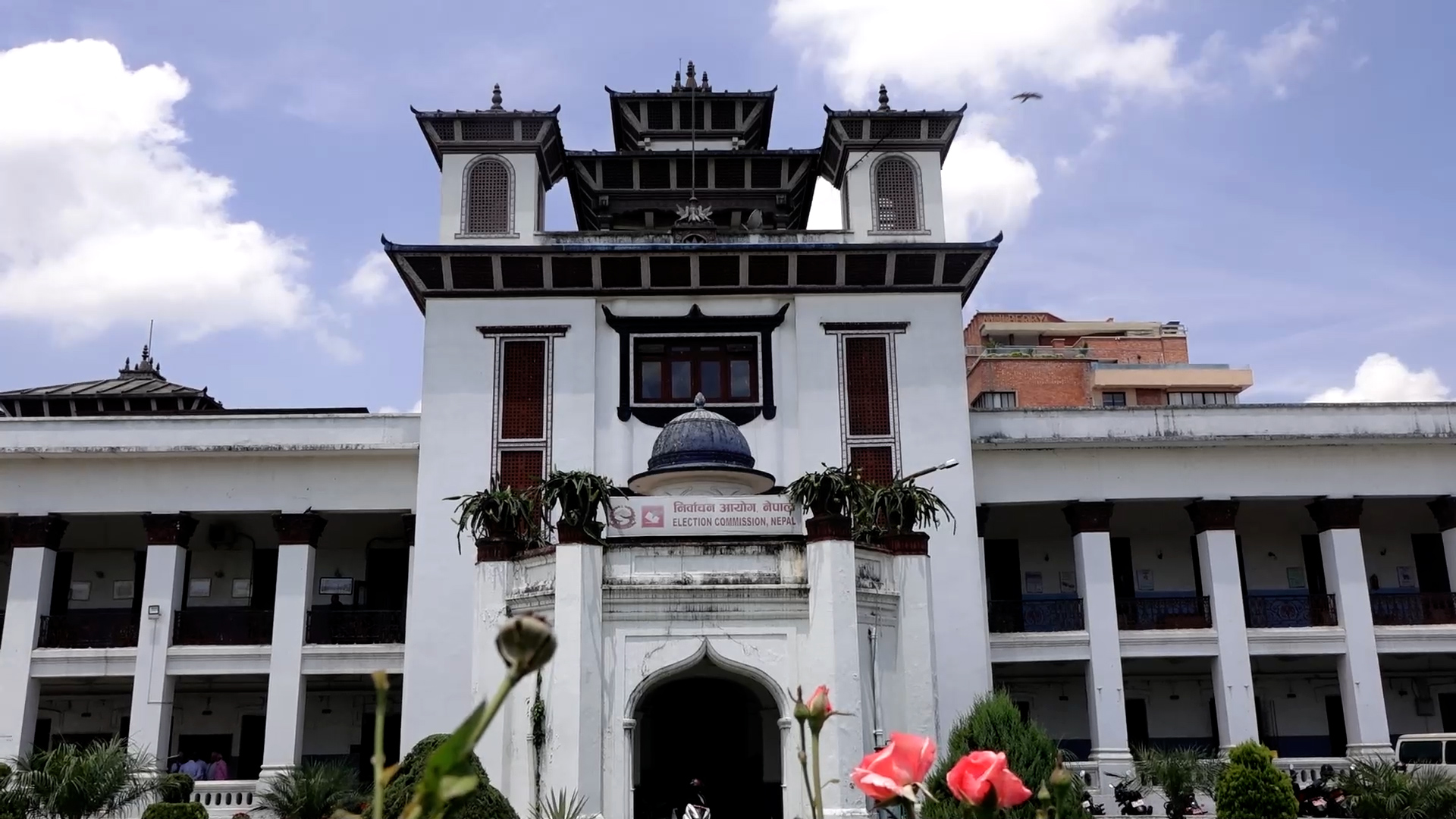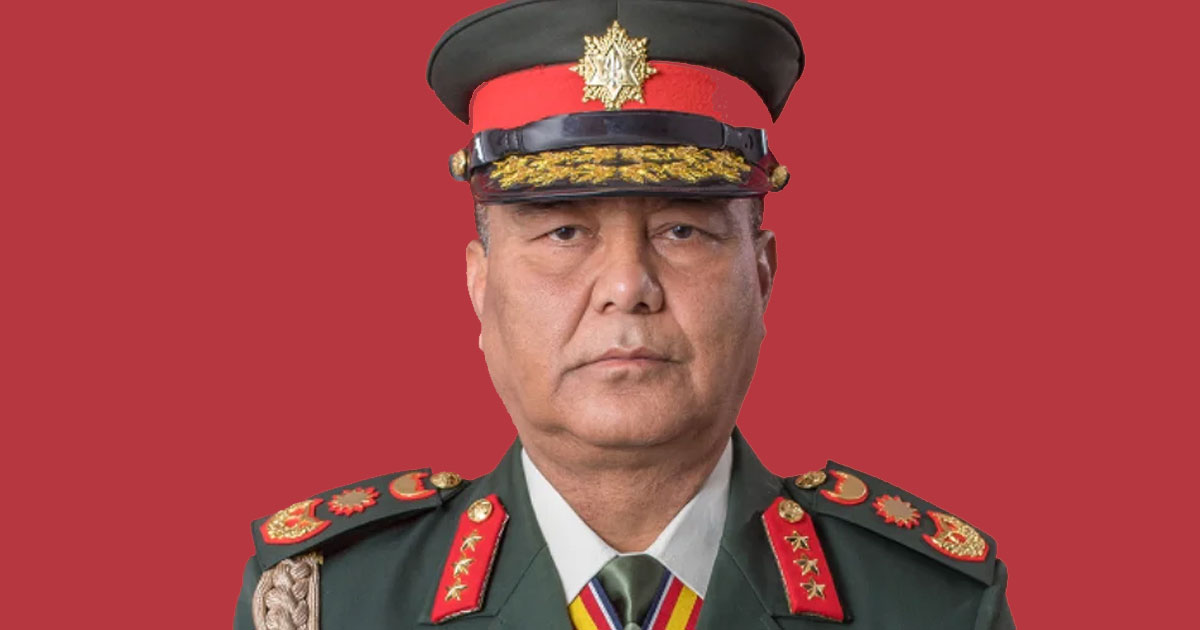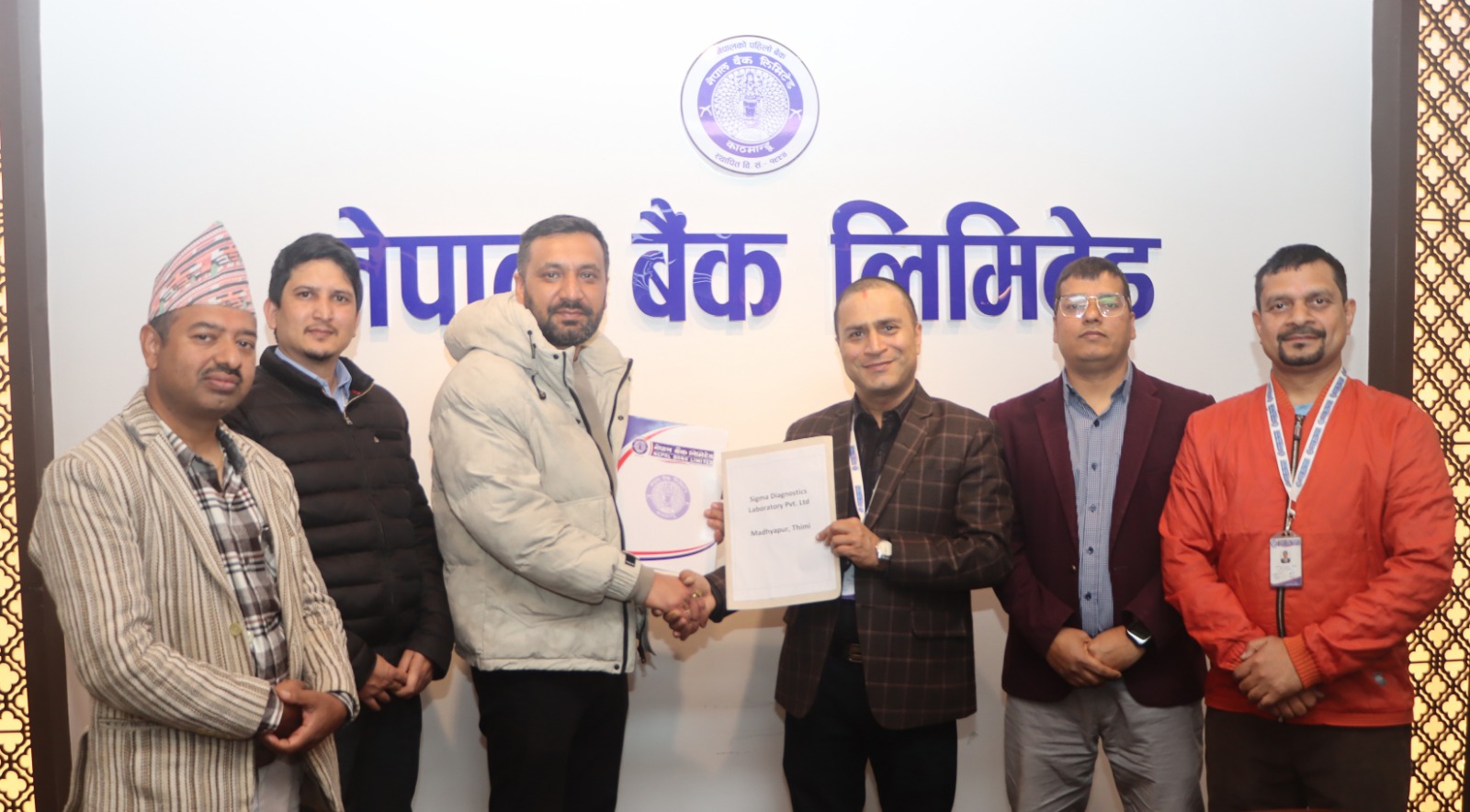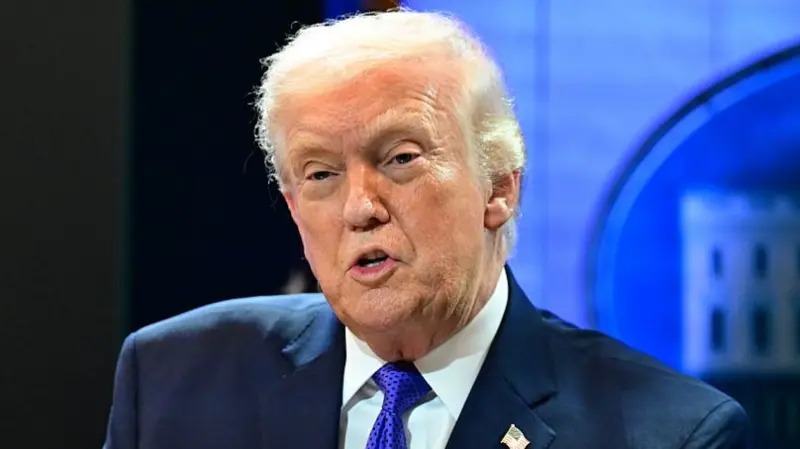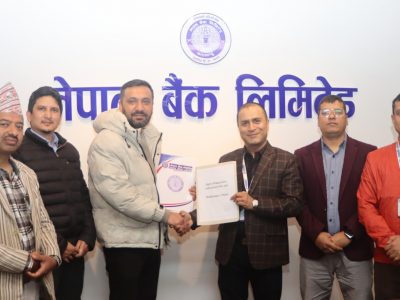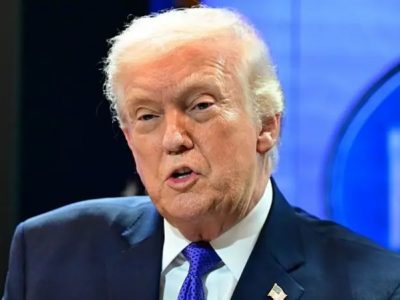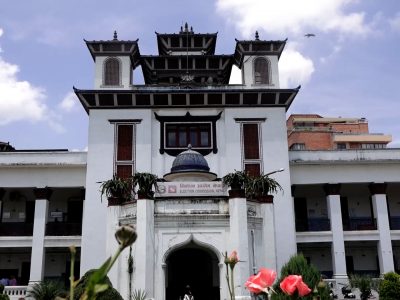Japan Sees China-Taiwan Friction as Threat to Its Security
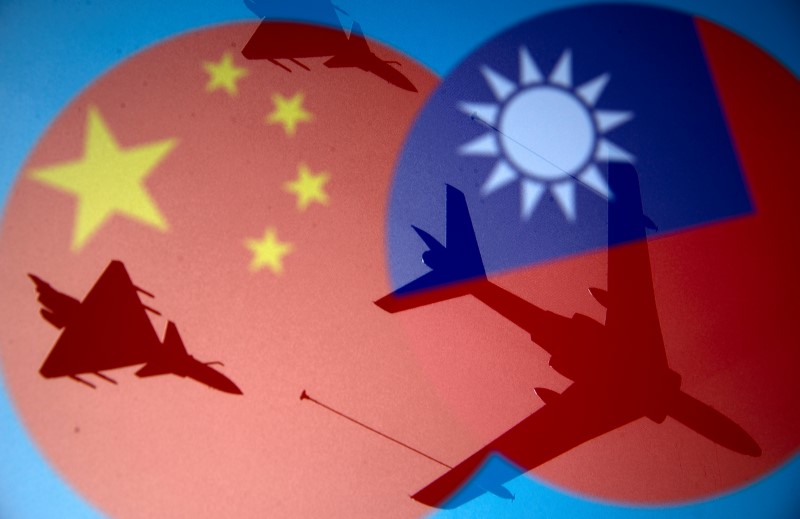
Reuters
Japanese Defense Minister Nobuo Kishi said the security of Taiwan was directly linked with that of Japan, as tensions around the island build up and its defenses are increasingly overshadowed by China’s military might.
The comments from a cabinet minister known for his close ties to Taipei came a week after China sent 28 warplanes near Taiwan, in the latest ratcheting up of military pressure around the democratically ruled island, 110 km (68 miles) from Japan at its nearest point. Beijing claims Taiwan as part of its territory.
“The peace and stability of Taiwan are directly connected to Japan and we are closely monitoring ties between China and Taiwan, as well as Chinese military activity,” Kishi said in an interview with Bloomberg on Thursday. “As China strengthens its military, its balance with Taiwan is tipping heavily to the Chinese side,” he said, adding the gap is widening every year.
Taiwan is crucial for Tokyo, with the Luzon Strait to the south an important shipping lane for the energy tankers resource-poor Japan relies on to power its economy.
On April 17, Kishi visited Yonaguni, the nearest Japanese island to Taiwan and network FNN reported him as saying days later at a ruling party seminar that if Taiwan “turns red,” the situation may change drastically, and Japan needs to be ready for that. China’s Foreign Ministry called the comments reckless and irresponsible.
The younger brother of former Prime Minister Shinzo Abe, Kishi was among a group of lawmakers who paid a visit to Taipei last year to convey condolences over the death of its former president, Lee Teng-hui.
Taiwan has become an increasingly important topic for the U.S. and its allies, many of whom are concerned about China’s growing assertiveness around an island whose semiconductor industry has become a linchpin of the global supply chain. Japan announced plans Friday to send an additional 1 million vaccine doses to Taiwan, after it shipped 1.24 million doses at the start of June as Taipei was struggling to procure its own supplies and blamed China for impeding shipments of the shots.
Japan’s Prime Minister Yoshihide Suga and U.S. President Joe Biden emphasized the importance of reducing tensions in the Taiwan Strait following their April summit, the first mention of the issue in a joint statement since 1969.
In the same statement, Japan, whose pacifist constitution leaves it heavily dependent on the U.S. for its “nuclear umbrella,” vowed to bolster its own defense capabilities. Asked how this would affect a defense budget that has been increasing for nine years, Kishi said a limit of 1% of gross domestic product wouldn’t necessarily apply.
“Our defense spending should be based on what equipment and personnel the country needs for its defense, as well as the national security situation,” he said, adding that the country has not tried to keep to the limit since the 1980s. “I don’t think it’s appropriate to link it automatically to GDP.”
Here are some highlights from the interview:
On China:
“China is continuously increasing its defense spending at a high rate, with a lack of transparency,” he said. “It is also developing game-changing technology.”
Aegis Missile Defense:
The addition of two planned ships equipped with Aegis ballistic missile defense equipment as a replacement for a land-based system abandoned last year due to safety concerns will make it “possible to build a system to protect Japan’s territory continuously in combination with existing Aegis ships.”
Quad Grouping:
“Japan, the U.S., Australia and India, known as the Quad, are free and share values and are responsible partners in the region. The efforts of the Quad aren’t aimed at any particular country, but are based on common values concerning the freedom of the oceans.”
Defense equipment exports:
“Transferring defense technology to other countries will contribute to peace, international cooperation and the security of those countries, as well as to the strengthening of our defense industry base.”
Except for the cover picture, his story has not been edited by DCNepal staff and is published from a feed by Bloomberg.
Facebook Comment
latest Video
Trending News
- This Week
- This Month


